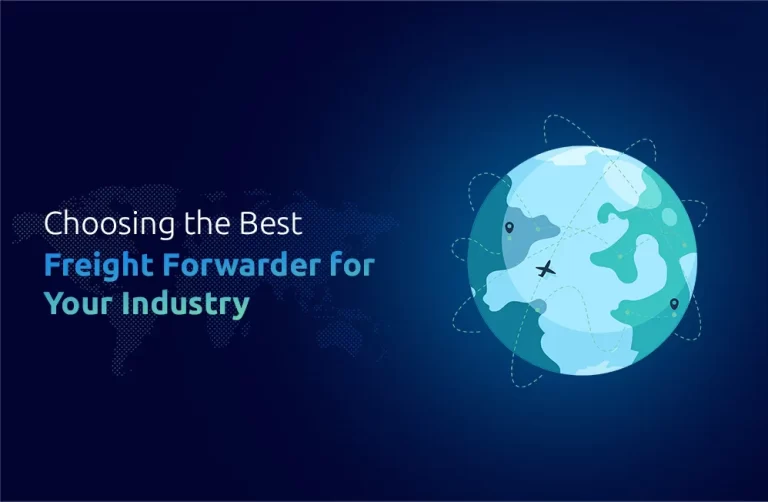Types of Warehouse Services in Kosovo
Warehousing services in Kosovo are diverse and cater to various business needs: Public Warehouses: Shared spaces ideal for SMEs requiring flexible storage options. Private Warehouses: Customized storage solutions for businesses with big storage or specific security requirements. Bonded Warehouses: Used for storing imported goods under customs control, it’s useful for organizations working with a customs broker or under trade such as the Generalized System of Preferences (GSP). Temperature-Controlled Warehousing: Necessary for the biotech and medical industries. Fulfillment Centers: Optimized for fast-moving goods and direct to customers logistics. These services are frequently combined with modern tools for supplier relationship management and live order tracking.
What Should You Look For in Warehousing Services in Kosovo
When selecting warehousing services in Kosovo, businesses should examine many major components, such as Location: Near major highways, airports, and rail stations. Technology Integration: Availability of WMS, robotics, and AGVs (Automated Guided Vehicles). Scalability: Capacity to handle growing inventory volumes. Security and agreement: Adherence to international standards and alignment with HTS (Harmonized Tariff Schedule) and HS Codes. Customs Support: Efficient processes managed in partnership with licensed customs brokers. Furthermore, businesses often search for “warehousing near me” to find localized storage solutions that reduce transport time and cost.
Insights of IT, Aviation, Medical, and Automotive Industry in Kosovo
IT Sector: The digital transformation of Kosovo is boosting demand for IT hardware and data center equipment, which requires secure and climate-controlled warehousing. Dependable logistics and warehousing systems help confirm quick shipment of IT systems across the region.
Aviation Industry: With Pristina International Airport being the main air cargo entrance, aviation logistics depends heavily on warehouse networks near the airport. MRO (Maintenance, Repair, and Overhaul) services benefit from dedicated storage facilities.
Medical Industry: The importation and storage of biotech parts, medical devices, and diagnostics are subject to strong regulations. Warehousing providers must support proper documentation under harmonized system codes and confirm agreements with quality standards.
Automotive Industry: Kosovo imports a big volume of automotive parts and vehicles. DAP shipments and efficient logistics services backed by strong warehouse work help in reducing delays and managing inventory turnover effectively.
Conclusion
Kosovo is progressively changing itself into a huge logistics and warehousing location in the Balkans. With growing infrastructure, major hubs, and industry-specific support, businesses can improve their SCM supply chain management with ease. If it’s aligning with incoterms, guiding HTS harmonized tariff classifications, or combining advanced supply chain technologies, Kosovo provides a good platform for growth. For businesses looking to expand in the region, Kosovo provides a dependable combination of efficiency, cost savings, and modern warehouse capabilities that align with global supply chain management guidelines.
DID YOU KNOW?
Kosovo’s GDP increased throughout the observed period. Kosovo’s GDP reached 9.68 billion euros in 2023, up from 6.04 billion in 2016.








